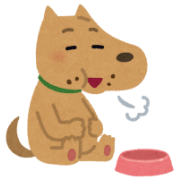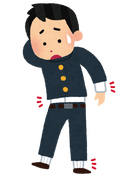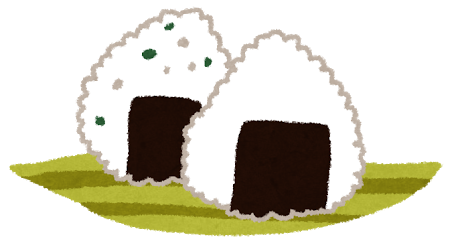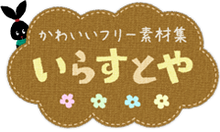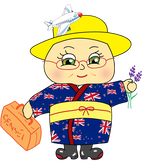たら (tara) is added to the end of adjectives and verbs to express the idea of 'if' . Making this structure is simple: just find the plain past form (the 'た' form) and add 'ら'
-い ADJECTIVE + たら
Change to the plain past tense and add ら
Change to the plain past tense and add ら
せいふく が 小さかったら… - If my uniform is (too) small...
- ちいさい - is small
ちいさかった - was small
ちいさかったら - if it is/was small
- たかい - is high/expensive
たかかった - was high/expensive
たかかったら - if it is/was high/expensive
-な ADJECTIVE + たら
Change to the plain past tense and add ら
Change to the plain past tense and add ら
こどもたち が げんき だったら... - If the kids are lively...
- げんき だ - is lively/active
げんき だった - was lively/active
げんき だったら - if (someone) is/was lively/active
VERB + たら
Change to the plain past tense and add ら
Change to the plain past tense and add ら
ケーキ を たくさん たべたら... - If you eat lots of cake...
- たべる - eat
たべた - ate
たべたら - if (you) eat/ate
- のむ - drink
のんだ - drank
のんだら - if (you) drink/drank
- おなか が すく - get hungry (note: literally means "tummy empties")
おなか が すいた - is/are hungry (note: literally means "tummy has emptied")
おなか が すいたら - if (you) get hungry
